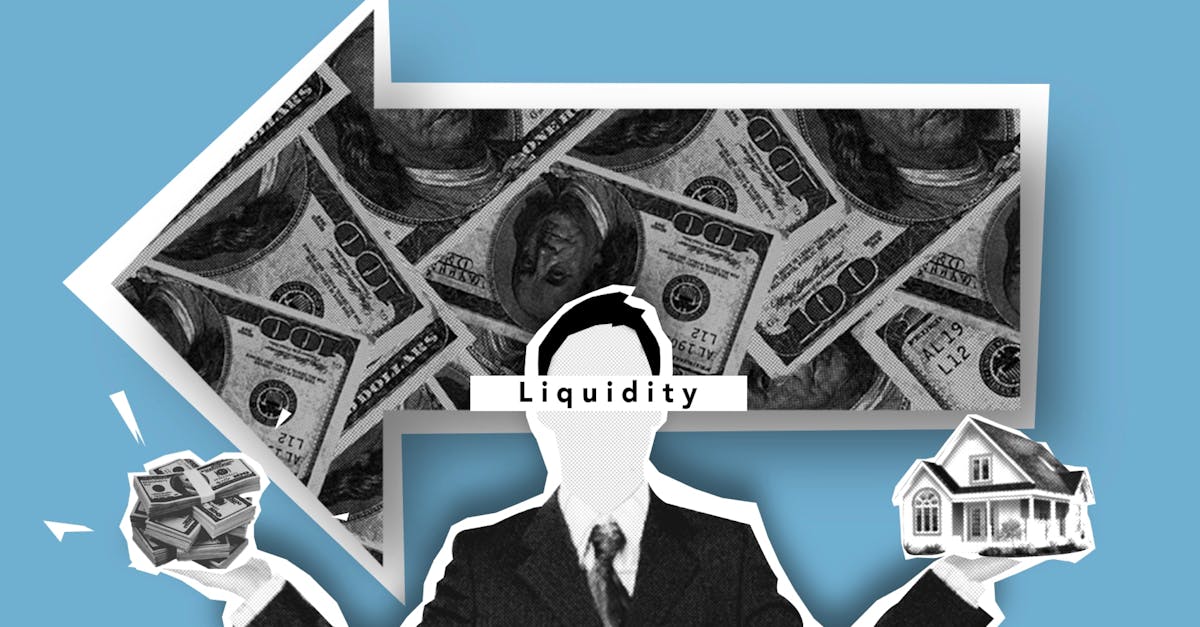
Introduction
In times of economic uncertainty, investors continually seek refuge and stability for their assets. Real estate frequently emerges as a promising shield against inflation. This article delves into the reasons why property investment withstands economic fluctuations.
Understanding Inflation
Inflation represents the rate at which the purchasing power of currency declines, leading to increased prices for goods and services. This inevitable economic phenomenon erodes savings and fixed-income investments, prompting individuals to seek alternatives. Consequently, an investment strategy resilient to inflation becomes imperative for protecting wealth.
Why Real Estate Resists Inflation
Real estate, unlike some other assets, typically appreciates over time, often at a rate exceeding inflation. Property values increase as the cost to construct new properties rises due to inflated prices of materials and labor. This inherent appreciation makes real estate desirable for those seeking to maintain purchasing power and generate returns.
Income Generated from Property
Beyond mere appreciation, real estate offers rental income potential. Investors can lease residential, commercial, or industrial properties to tenants to derive steady cash flow. Rent often adjusts with inflation, ensuring that the property continues to yield a proportional income over the years.
Tax Benefits Associated with Real Estate
Real estate ownership comes with a set of tax advantages, such as deductions for mortgage interest, property depreciation, and write-offs for operational costs. These financial benefits can help reduce the investor's taxable income, enhancing the overall return on investment and mitigating inflationary impacts.
Diversity Within the Real Estate Sector
Real estate investment opportunities abound within various sectors, including residential, commercial, industrial, and retail spaces. This diversity allows investors to tailor their portfolios to suit risk tolerance and financial goals. Balancing investments across different property types can further shield against inflationary pressure.
Leveraging Real Estate Investments
Real estate affords investors the ability to leverage their investments through mortgages and other financial instruments. By borrowing against property equity, investors can amplify their purchasing power. This leverage can offer higher returns compared to the investor's initial equity, especially when property values appreciate.
Challenges to Consider
Investing in real estate is not without its challenges. Market fluctuations, interest rate changes, and property management issues require consideration. Comprehensive due diligence and effective strategies can help minimize risks and ensure that the investment remains profitable even during inflationary periods.
Alternative Real Estate Investment Methods
Those hesitant about direct property ownership can explore Real Estate Investment Trusts (REITs). These vehicles allow individuals to invest in real estate portfolios traded on major exchanges, offering diversification and liquidity without the responsibility of property management.
Conclusion
Real estate, with its inherent value growth, rental income potential, and tax benefits, offers a robust shield against inflation. Its resilience provides security and wealth preservation even during economic upheavals. Thoughtful investment and sound financial planning can ensure that real estate remains a dependable element in an inflation-hedging strategy.